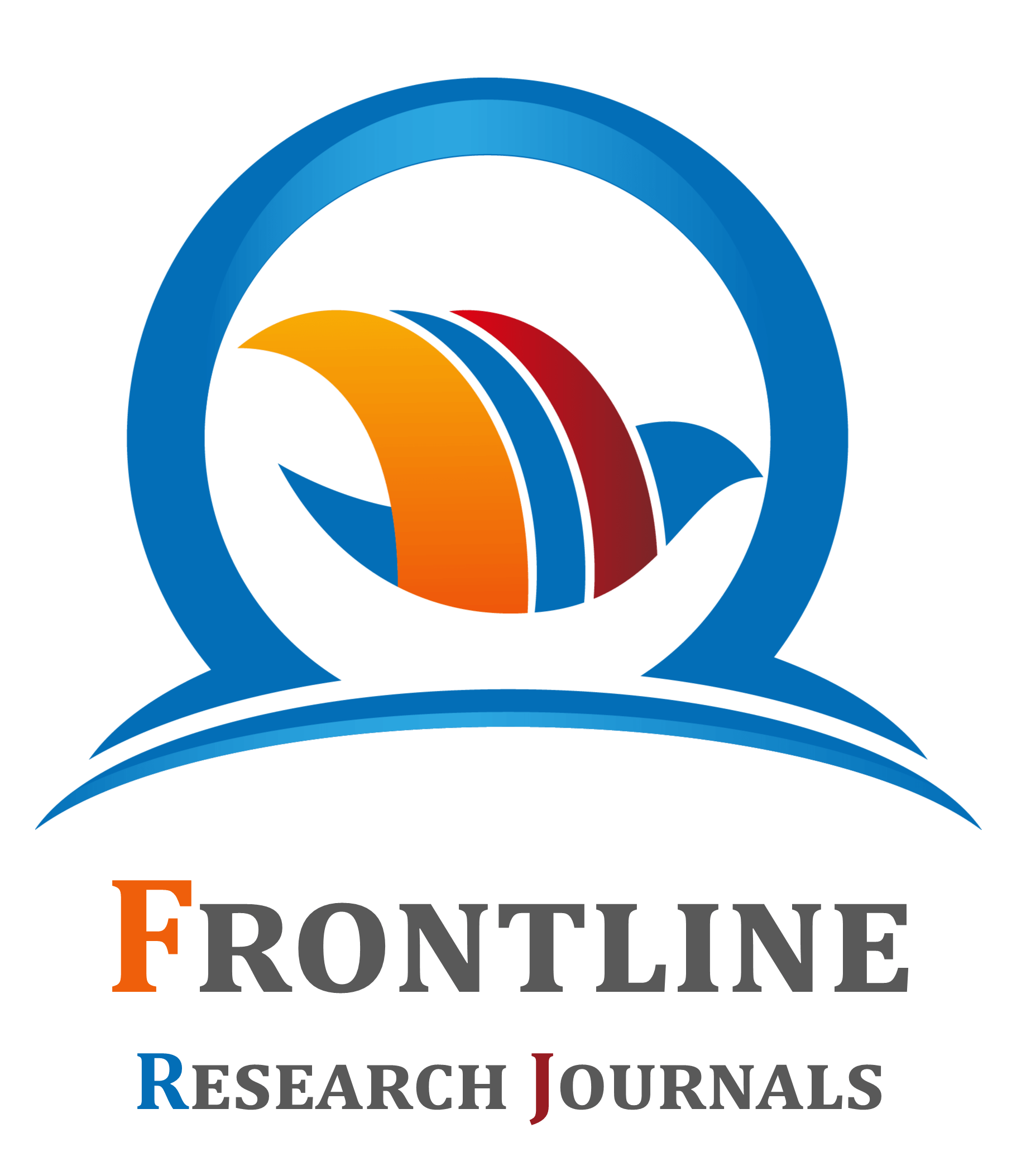A technological model for standardizing digital financial services in Nigeria
1 Standards Organization of Nigeria.
2 Zenith General Insurance Company Limited, Nigeria.
3 The Velvet Expression, Lagos, Nigeria.
4 Independent Researcher, Lagos, Nigeria.
5 Zenith Bank Nigeria.
Review
International Journal of Frontline Research and Reviews, 2023, 01(04), 057–073.
Article DOI: 10.56355/ijfrr.2023.1.4.0038
Publication history:
Received on 09 July 2023; revised on 26 September 2023; accepted on 29 September 2023
Abstract:
The rapid growth of digital financial services in Nigeria has exposed the need for a standardized regulatory model to ensure consistency, security, and consumer trust across the sector. This paper proposes a technological model for standardizing digital financial services, aimed at bridging the gaps in regulatory oversight and enhancing service delivery. The model focuses on three core components: the harmonization of regulatory frameworks, the implementation of digital tools for real-time monitoring, and the adoption of secure, scalable technologies such as blockchain and artificial intelligence (AI) for enhanced service traceability, transparency, and automation. By aligning Nigeria’s digital financial services with international best practices and customizing them to local market conditions, the model seeks to mitigate issues such as fraud, data privacy breaches, and uneven access to services, particularly among underserved populations. Furthermore, the model emphasizes the importance of collaboration between financial institutions, fintech companies, government agencies, and regulatory bodies to foster innovation and compliance. A phased implementation strategy is recommended, with initial efforts focused on the integration of digital platforms, the development of training programs for financial literacy, and the creation of awareness campaigns to promote consumer understanding of standardized services. The long-term benefits of this model include improved financial inclusion, enhanced consumer protection, and increased investor confidence in Nigeria’s digital financial ecosystem. In conclusion, the proposed technological model presents a comprehensive approach to addressing the challenges and opportunities within Nigeria’s rapidly evolving digital financial services sector. Its successful implementation will contribute to a more resilient, inclusive, and secure financial landscape that supports the country’s broader economic development goals.
Keywords:
Digital financial services; Regulatory standardization; Blockchain; Artificial intelligence; Financial inclusion; Nigeria; Fintech; Consumer protection; Technological model; Financial literacy
Full text article in PDF:
Copyright information:
Copyright © 2024 Author(s) retain the copyright of this article. This article is published under the terms of the Creative Commons Attribution Liscense 4.0
